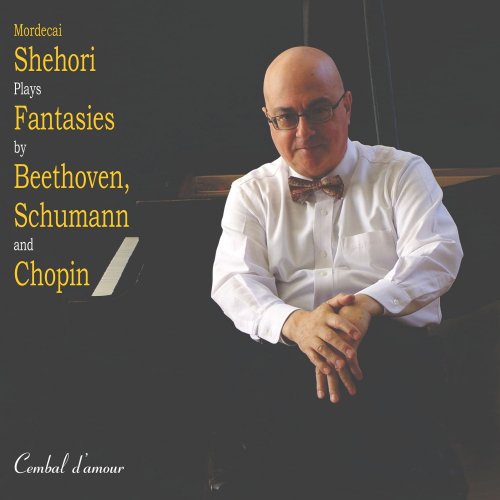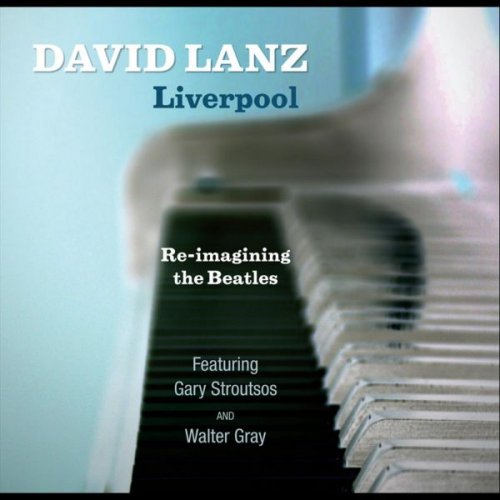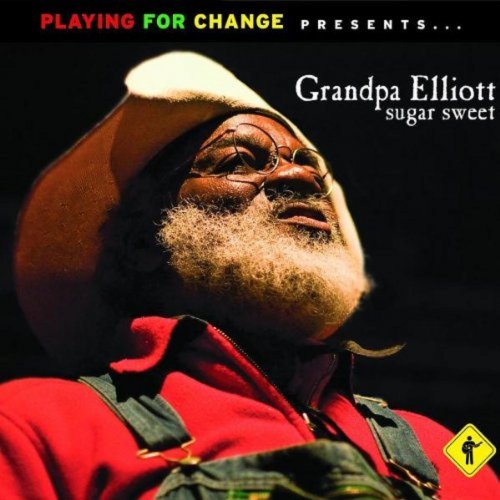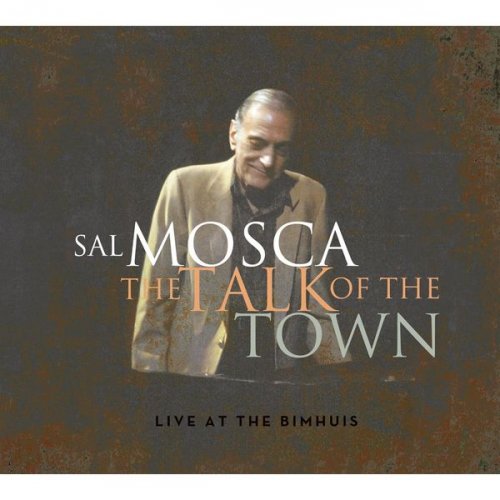Mordecai Shehori - Mordecai Shehori Plays Fantasies (2016)

Artist: Mordecai Shehori
Title: Mordecai Shehori Plays Fantasies
Year Of Release: 2016
Label: Cembal d'amour
Genre: Classical
Quality: FLAC (tracks)
Total Time: 01:02:39
Total Size: 178 Mb
WebSite: Album Preview
Tracklist:Title: Mordecai Shehori Plays Fantasies
Year Of Release: 2016
Label: Cembal d'amour
Genre: Classical
Quality: FLAC (tracks)
Total Time: 01:02:39
Total Size: 178 Mb
WebSite: Album Preview
1. Fantasy Op. 77 08:24
2. Fantasy in C Major, Op. 17: Durchaus phantastisch und leidenschaftlich vorzutragen (With fantasy and passion) 12:37
3. Fantasy in C Major, Op. 17: Mäßig-Durchaus energisch (Majestic and with energy) 07:34
4. Fantasy in C Major, Op. 17: Langsam getragen-Durchweg leise zu halten (Slow and soft throughout) 09:53
5. Fantasy in F Minor, Op. 49 11:39
6. Polonaise-Fantasy in A-Flat Major, Op. 61 12:32
Performers:
Mordecai Shehori (piano)
In August 1999 Mordecai Shehori recorded a programme of fantasies. This makes for diverting programming, focusing as it does on Beethoven, Schumann and Chopin and it would have been interesting to read of his imperatives in a disc such as this but there are no notes as such, just a generic biography such as can be found in many of his discs.
It’s not every day that performers tackle Beethoven’s Fantasy in G minor, Op.77. Shehori marshals its variations with acuity, ensuring the drama is well scaled but never overstated. It’s playing that marries technical excellence with architectural perception. Larger long-term considerations apply in the case of Schumann’s Fantasy in C major. One is reminded here, from time to time, of Horowitz’s 1965 recording of the work – Shehori moved in Horowitz’s orbit for a time – in its ruminative reflectiveness cut short by Schumann’s ensuing drama. The sense of dynamism is also somewhat reflective of the older man’s performance though no one, surely, could match Horowitz’s dynamism or his myriad shadings and voicings in this work, whatever one may ultimately feel about the performance as a whole. The quality of ‘majesty’ in the second panel is certainly present in Shehori’s hands and the music moves with a vital swinging rhythm, though some of the phrasing is very personal. It seems to me that the quality of recorded sound is just a fraction too hard so that the final movement, that should emerge and be sustained ‘slow and soft’ sounds, despite much of his playing being sensitively shaped, too bluff. Listening variously to Anda or to Annie Fisher reinforces the questions of dynamics and phrasing.
The two Chopin fantasies augment Shehori’s quite extensive portfolio of recordings by the composer. He is less leonine than Horowitz in his 1951 Carnegie Hall reading of the Polonaise-Fantasy, remaining more serious, less potentially capricious, and broader in tempo. His dynamics are also more scaled, the expressive component of the music-making emerging naturally, legato unforced. For the Fantasy in F minor Shehori strives for directness and linearity, though he ensures that colouration is a strong component of his conception. He doesn’t seek to replicate the sculpted bigness of approach of someone like, say, Małcużyński, so that the grave bass patterns are not nearly so audible. This technically splendid reading doesn’t enshrine any overt ardour or romanticist passion: it is more circumspect and reserved.
It’s not every day that performers tackle Beethoven’s Fantasy in G minor, Op.77. Shehori marshals its variations with acuity, ensuring the drama is well scaled but never overstated. It’s playing that marries technical excellence with architectural perception. Larger long-term considerations apply in the case of Schumann’s Fantasy in C major. One is reminded here, from time to time, of Horowitz’s 1965 recording of the work – Shehori moved in Horowitz’s orbit for a time – in its ruminative reflectiveness cut short by Schumann’s ensuing drama. The sense of dynamism is also somewhat reflective of the older man’s performance though no one, surely, could match Horowitz’s dynamism or his myriad shadings and voicings in this work, whatever one may ultimately feel about the performance as a whole. The quality of ‘majesty’ in the second panel is certainly present in Shehori’s hands and the music moves with a vital swinging rhythm, though some of the phrasing is very personal. It seems to me that the quality of recorded sound is just a fraction too hard so that the final movement, that should emerge and be sustained ‘slow and soft’ sounds, despite much of his playing being sensitively shaped, too bluff. Listening variously to Anda or to Annie Fisher reinforces the questions of dynamics and phrasing.
The two Chopin fantasies augment Shehori’s quite extensive portfolio of recordings by the composer. He is less leonine than Horowitz in his 1951 Carnegie Hall reading of the Polonaise-Fantasy, remaining more serious, less potentially capricious, and broader in tempo. His dynamics are also more scaled, the expressive component of the music-making emerging naturally, legato unforced. For the Fantasy in F minor Shehori strives for directness and linearity, though he ensures that colouration is a strong component of his conception. He doesn’t seek to replicate the sculpted bigness of approach of someone like, say, Małcużyński, so that the grave bass patterns are not nearly so audible. This technically splendid reading doesn’t enshrine any overt ardour or romanticist passion: it is more circumspect and reserved.

![Club Bolero, Armik - A Day in Brazil (2007) [Hi-Res] Club Bolero, Armik - A Day in Brazil (2007) [Hi-Res]](https://img.israbox.com/img/2025-12/15/5l607nskcv4xb0n237d8ngs7q.jpg)






